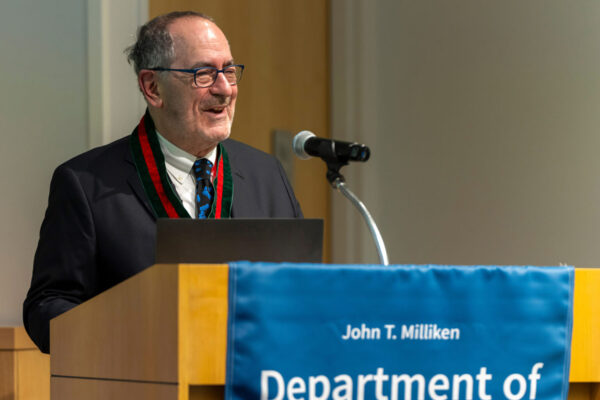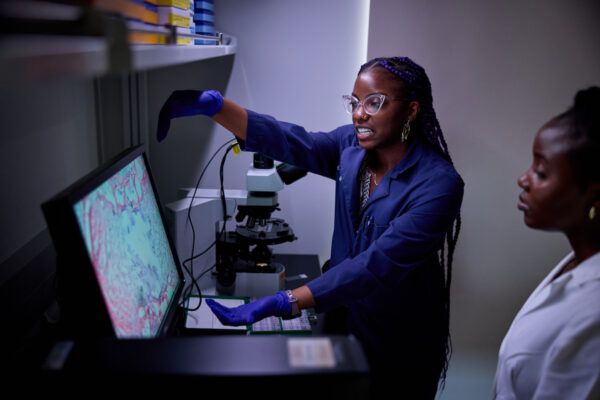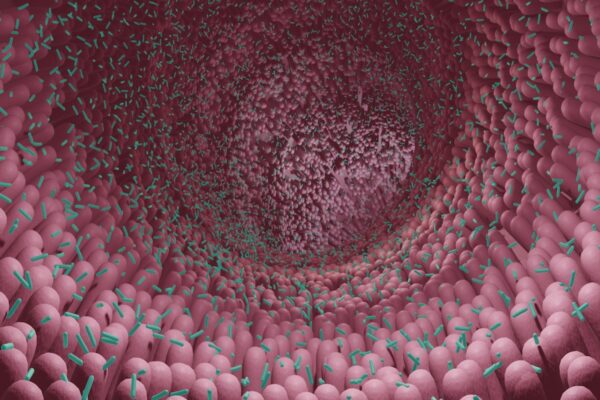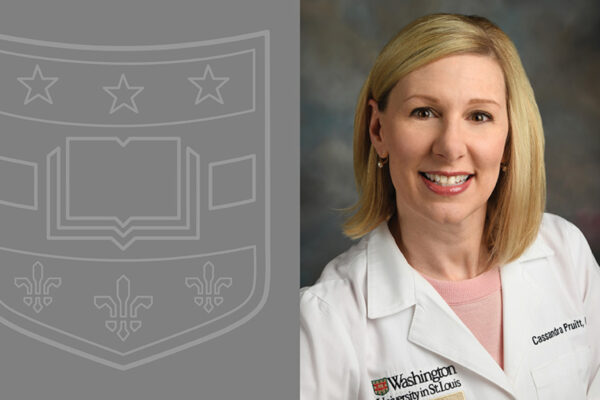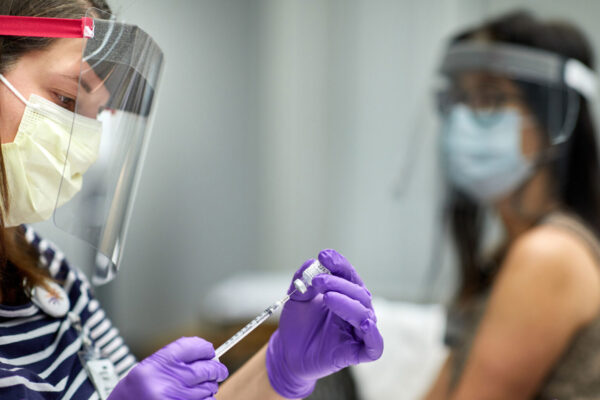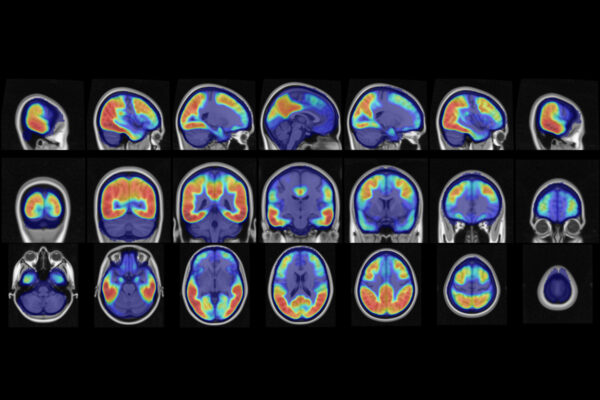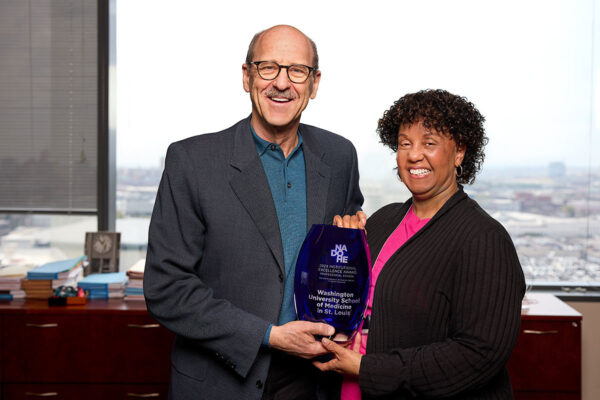Weil installed as Medoff professor
Gary Weil, MD, has been named the inaugural Gerald and Judith Medoff Professor of Infectious Diseases at Washington University School of Medicine in St. Louis. Weil received the honor in recognition of his efforts to eliminate parasitic worm diseases as global public health threats.
Subtle cognitive decline precedes end to driving for older adults
Even slight cognitive changes can affect an older person’s decision to stop driving, according to a new study by researchers at Washington University School of Medicine in St. Louis. The findings suggest that routine cognitive testing could help older adults and their physicians make decisions about driving that maximizes safety while preserving independence as long as possible.
Sade Williams Clayton
Postdoctoral research scholar Sade Williams Clayton works to advocate and build community for postdoctoral research trainees and others. She recently received a national award from the National Postdoctoral Association for her efforts.
Gut bacteria boost immune response to fight tumors
Researchers at Washington University School of Medicine in St. Louis have found that a strain of gut bacteria can boost immune responses and enhance cancer immunotherapy to fight sarcoma tumors in mice.
Chemo for glioblastoma enhanced by tapping into cell’s daily rhythms
A study from biologists and clinicians at Washington University in St. Louis reports that glioblastoma cells have built-in circadian rhythms that create better times of day for treatment.
Pruitt named director of academic pediatrics division
Cassandra M. Pruitt, MD, a professor of pediatrics, has been named director of the Division of Academic Pediatrics in the Department of Pediatrics at Washington University School of Medicine in St. Louis.
Repeat COVID-19 vaccinations elicit antibodies that neutralize variants, other viruses
A study by researchers at Washington University School of Medicine in St. Louis has found that repeat vaccination with updated versions of the COVID-19 vaccine promotes the development of antibodies that neutralize a wide range of variants of the virus that causes COVID-19, as well as related coronaviruses.
Shokeen receives International Suffrage Science Award
Monica Shokeen, an associate professor of radiology at the School of Medicine and vice chair for diversity, equity, inclusion and justice at the School of Medicine’s Mallinckrodt Institute of Radiology (MIR), was honored with the International Suffrage Science Award for Life Sciences.
Tau protein deposition patterns predict Alzheimer’s severity
Researchers at the School of Medicine have devised a method to gauge Alzheimer’s disease severity by analyzing the patterns of tau pathology in brain scans. The findings could lead to a way to determine how far the disease has progressed in individuals.
Medical school honored with diversity, equity, inclusion award
Washington University School of Medicine in St. Louis has received the 2024 National Association of Diversity Officers in Higher Education Institutional Excellence Award for professional schools.
View More Stories
